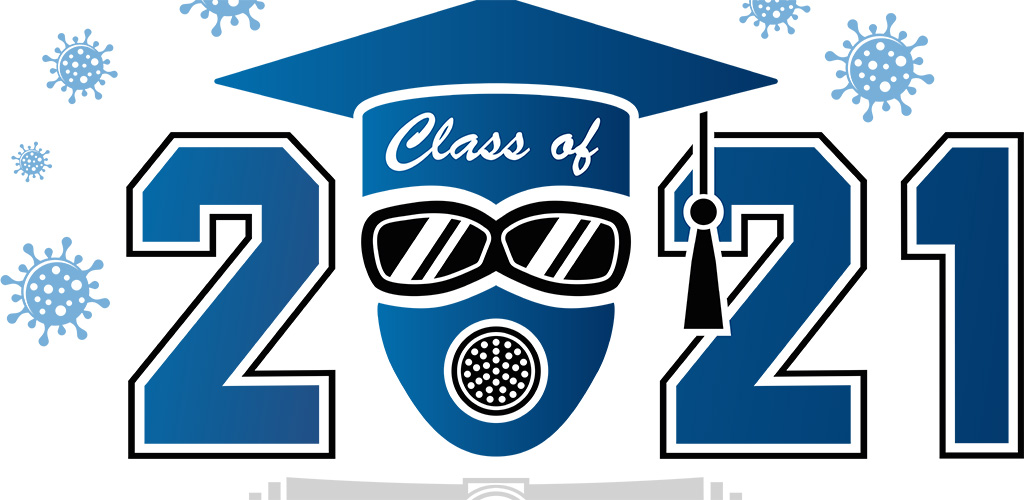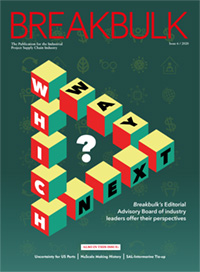Oct 22 | 2020
Will the Pandemic Hit the Breakbulk Talent Pipeline?

 By Margaret A. Kidd
By Margaret A. KiddSpanish sociologist Manuel Castells said in The Information Age: Economy, Society and Culture, Volume I, The Rise of the Network Society, that “the global economy is now characterized by the almost instantaneous flow and exchange of information, capital and cultural communication. These flows order and condition both consumption and production. The networks themselves reflect and create distinctive cultures. Both they and the traffic they carry are largely outside national regulation.”
There is no question that our current global economy and breakbulk community have been presented enormous challenges in a Covid-19 world, but within those challenges there lay many opportunities for those willing to adapt, collaborate and leverage a networked society. This includes the graduate talent pipeline for breakbulk.
As industry and academia moved in March 2020 from a brick-and-mortar model to working from home, new models for collaboration were established. The ubiquitous Zoom or Microsoft Teams meeting became the connector for work, school and life in general. Those who could adapt quickly to harness this technology for chatting, meeting, calling and collaborating were able to keep the momentum and sense of purposefulness of both individual and group goals moving in a forward trajectory.
Dating back to the mid-1800s, Charles Darwin reminds us of the importance of adaptability and collaboration. Darwin said: “In the long history of humankind (and animal kind, too) those who learned to collaborate and improvise most effectively have prevailed. It is not the strongest of the species that survives, nor the most intelligent that survives. It is the one that is the most adaptable to change.”
The transformation of how we work or attend college has been compressed in time and space. I would posture that students preparing for a career in breakbulk must use their time expeditiously to adapt to the current environment and must expand their collaborative circles to keep the graduate pipeline intact.
We live in a networked society, which is one where we operate globally in scale, along with the ability to communicate and share information electronically. There exists an opportunity to not only optimize our network, but to expand it during a pandemic, such as Covid-19. Borrowing from social network analysis – which focuses on ties among for example people, groups of people, organizations and countries – “these ties form networks (W. de Nooy, A. Mrvar, V. Batagelj (2005) Exploratory Network Analysis).” It is incumbent on both breakbulk stakeholders and college students to use strategies, such as social media, virtual events and virtual internships, to maintain and expand connectivity to again keep the graduate pipeline intact.
What the current pipeline of students do now will determine how they are positioned for opportunities in breakbulk. Understanding life is not linear, college students should use the current challenges in the global economy to fine-tune their skill sets and adapt to new world realities. Focus perhaps on taking a globally recognized certification, learning another language, mastering new software, enrolling in graduate school and on expanding your network.
Margaret A. Kidd is program director for the Supply Chain & Logistics Technology department’s Bachelor’s and Master’s degrees at the College of Technology, University of Houston. She is also leading the Chartered Institute of Logistics and Transport’s (UK) expansion to U.S. universities and colleges.
Image credit: Shutterstock
